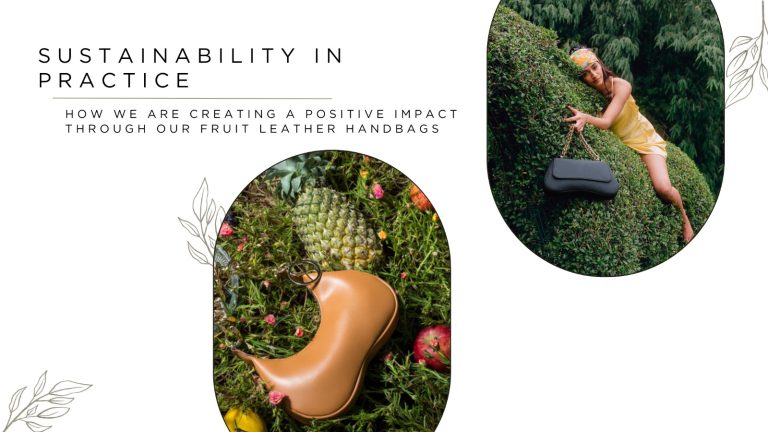
Sustainability in Practice: How We Are Creating a Positive Impact Through Our Fruit-Based Leather Handbags
Introduction
As the world grapples with environmental issues, it becomes important to adopt sustainable lifestyle practices. The Fashion Industry, in particular, has witnessed remarkable strides toward a more conscientious approach. Traditional leather production has been always associated with pollution, greenhouse gas emissions and animal cruelty. But innovative alternatives like Sarjaa’s Plant and Fruit-based leather are changing the market, bringing a harmonious blend of luxury and environmental consciousness. In this blog, we explore how Sarjaa is making a positive impact through its fruit -based leather handbags.
The Growth of Fruit-Based Leather
The advent of Fruit-Based leather has greatly revolutionised the fashion industry’s options for environment friendliness. By substituting animal-derived leather, Sarjaa aspires to achieve complete sustainability in this this new approach. The vegan handbags are made from discarded plant and fruit waste – Apple waste, pineapple leaves and cacti leaves – by extracting their natural fibres, combining luxury and eco-friendliness. By judiciously employing these organic materials, Sarjaa eliminates the need for synthetic substances, in turn minimizing waste accumulation and its associated environmental ramifications.
The Environmental and Social Benefits
Fruit-based leather presents numerous benefits for the environment and the society in the following ways:
- Low carbon footprint: The carbon footprint associated with raising, transporting and processing animals for leather production is high, which is avoided by our organic leather. And by saying no to toxic chemicals, PVC and other pollutants. Sarjaa’s plant and fruit-based leather offers a much lower carbon footprint. Upcycling helps reduce greenhouse gas emissions, making it the most sustainable option when it comes to styling an outfit.
- Waste reduction: The fashion industry is notorious for generating excessive amounts of waste. By using waste fruit and by-products, Sarjaa actively contributes to reducing waste and promoting a circular economy. Instead of throwing these ecosystems away, we give them a new purpose, reducing waste and resource consumption in the process of upcycling.
- Water conservation: Although water covers about 71% of earth’s surface, clean water is a scarce commodity to man, hence bringing up a need to conserve it. Here at Sarjaa, we consume a much less share of water as compared to the real and vegan leather production and we also use organic dyes which need less water for processing, leading to greater conservation and saving.
- Animal Welfare: The distinguishing feature of plant and fruit-based leather from its traditional counterpart is the inherent avoidance of animal cruelty. Sarjaa’s handbags offer consumers a better option of opulence without perpetuating the suffering of animals. By supporting fruit-based leather, Sarjaa demonstrates an unequivocal commitment to cruelty-free behaviour, ensuring that no animal suffers throughout its production process.
Conclusion
Sustainability in the fashion industry is no longer a choice but a necessity and we believe in the importance of consumer awareness and education. Our marketing endeavours and transparent communication channels are serving as conduits to promote sustainable fashion practices. By embracing fruit-based leather, Sarjaa is leading the way in creating positive change through ethical fashion. Join Sarjaa in the journey towards sustainable fashion and make a positive impact with every stylish accessory you choose.


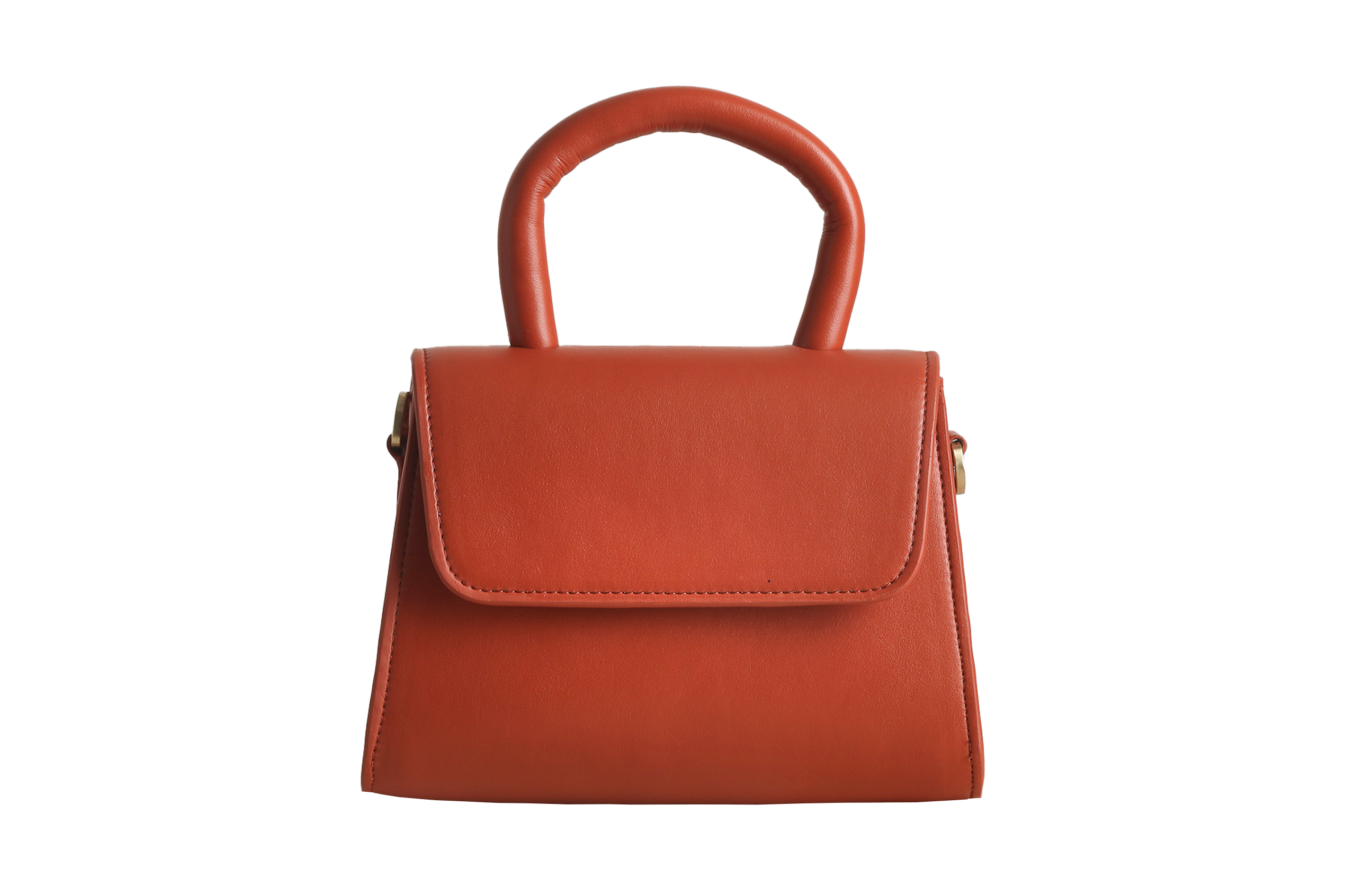
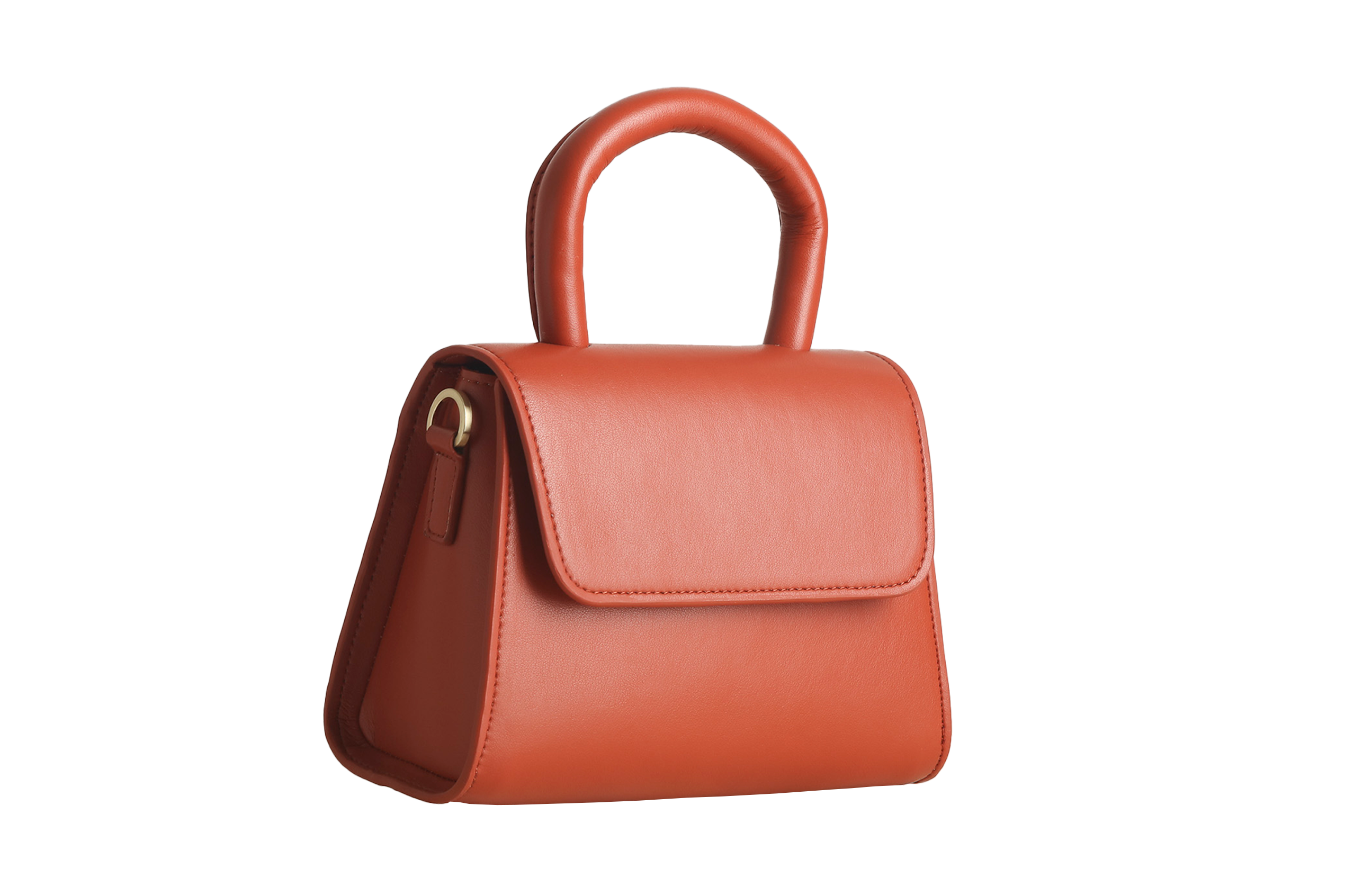
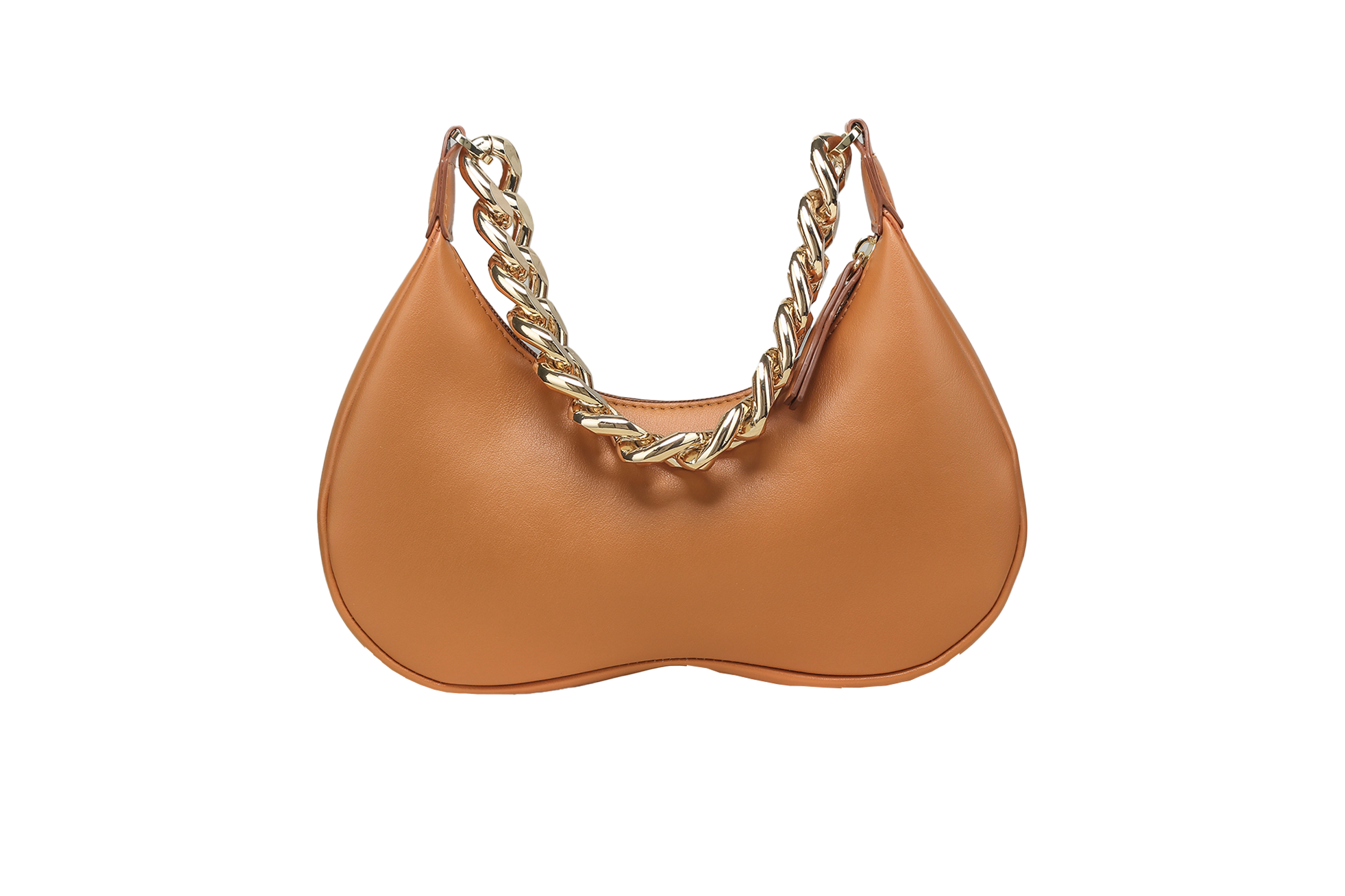
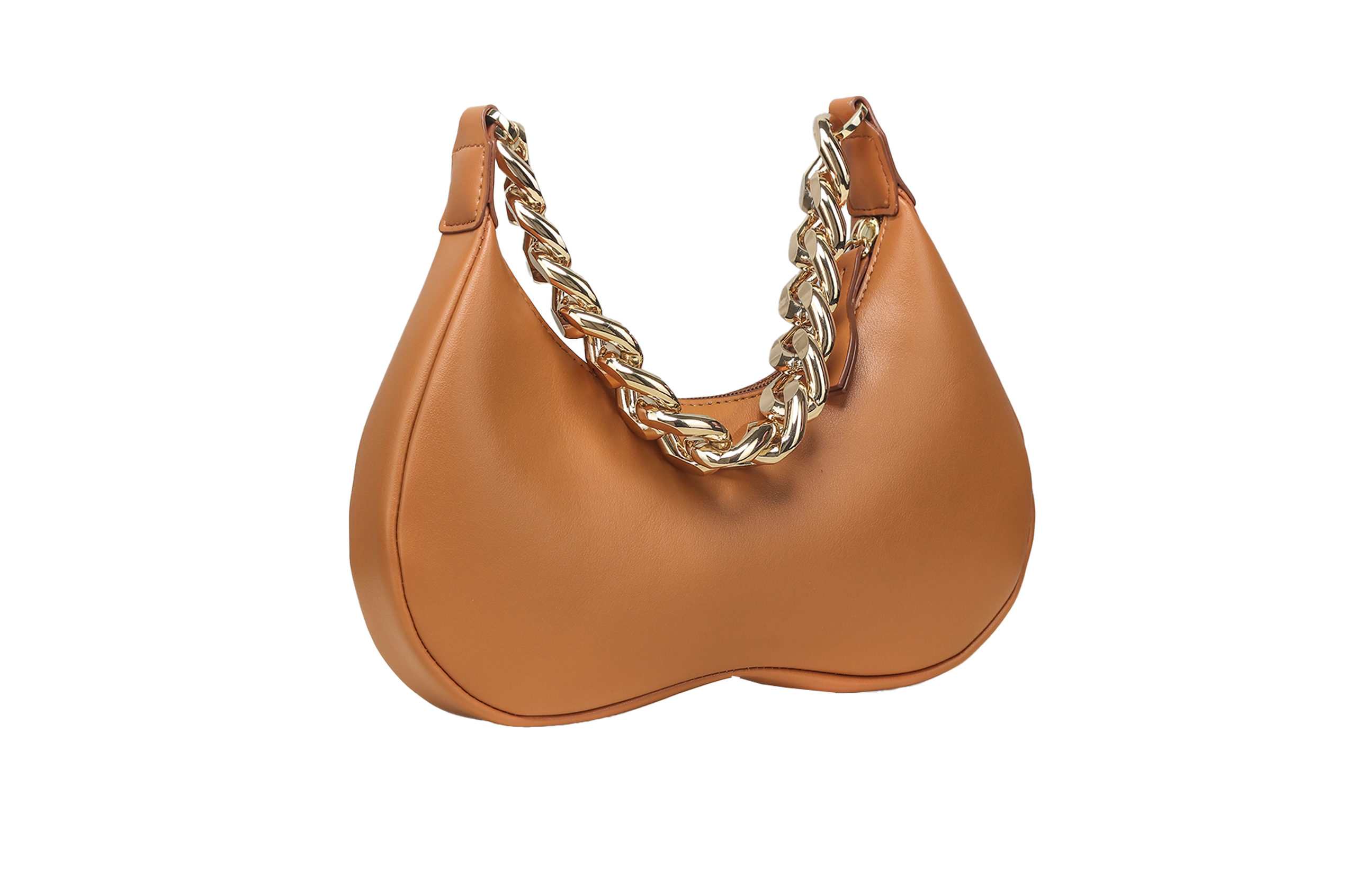
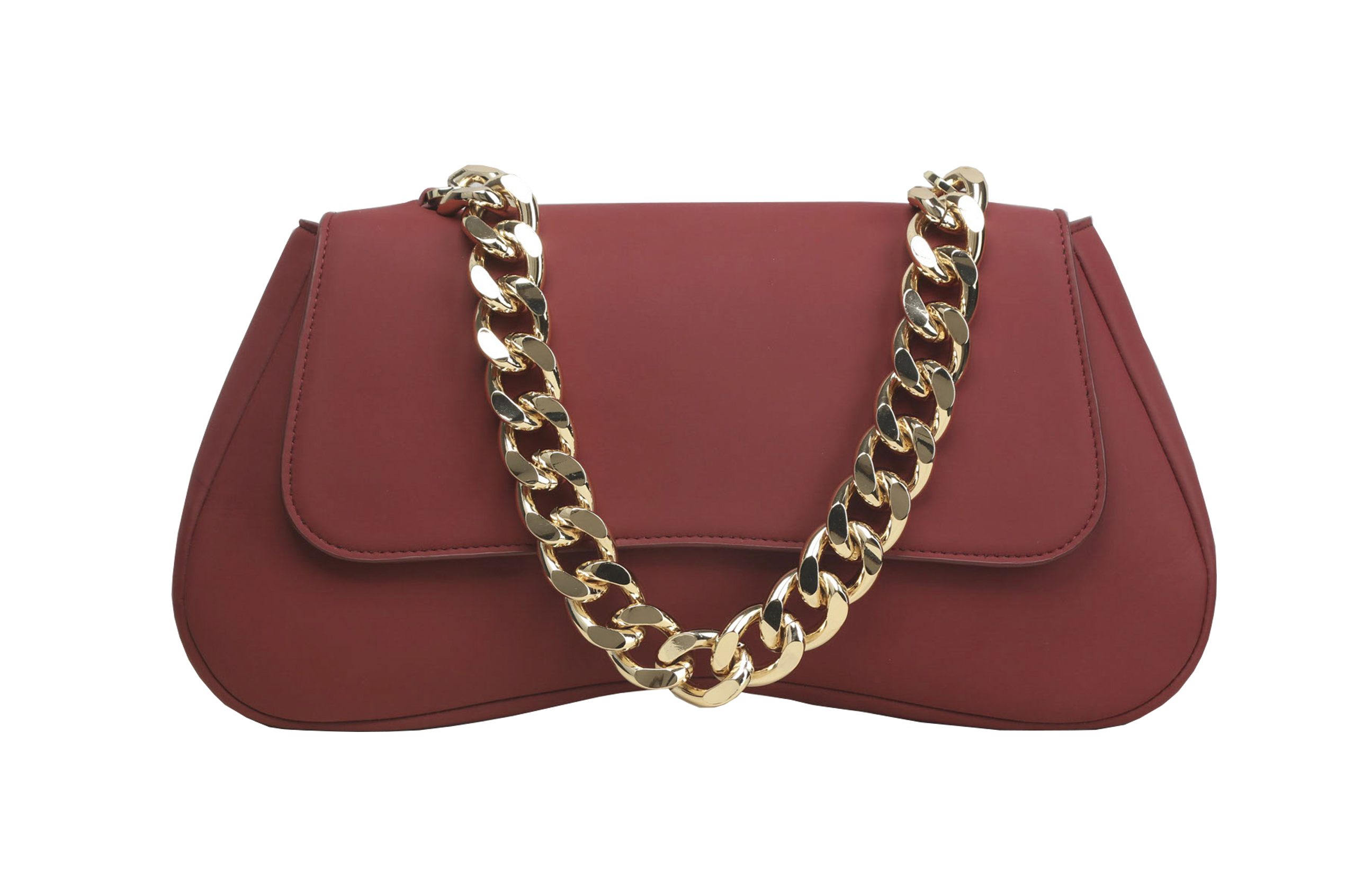
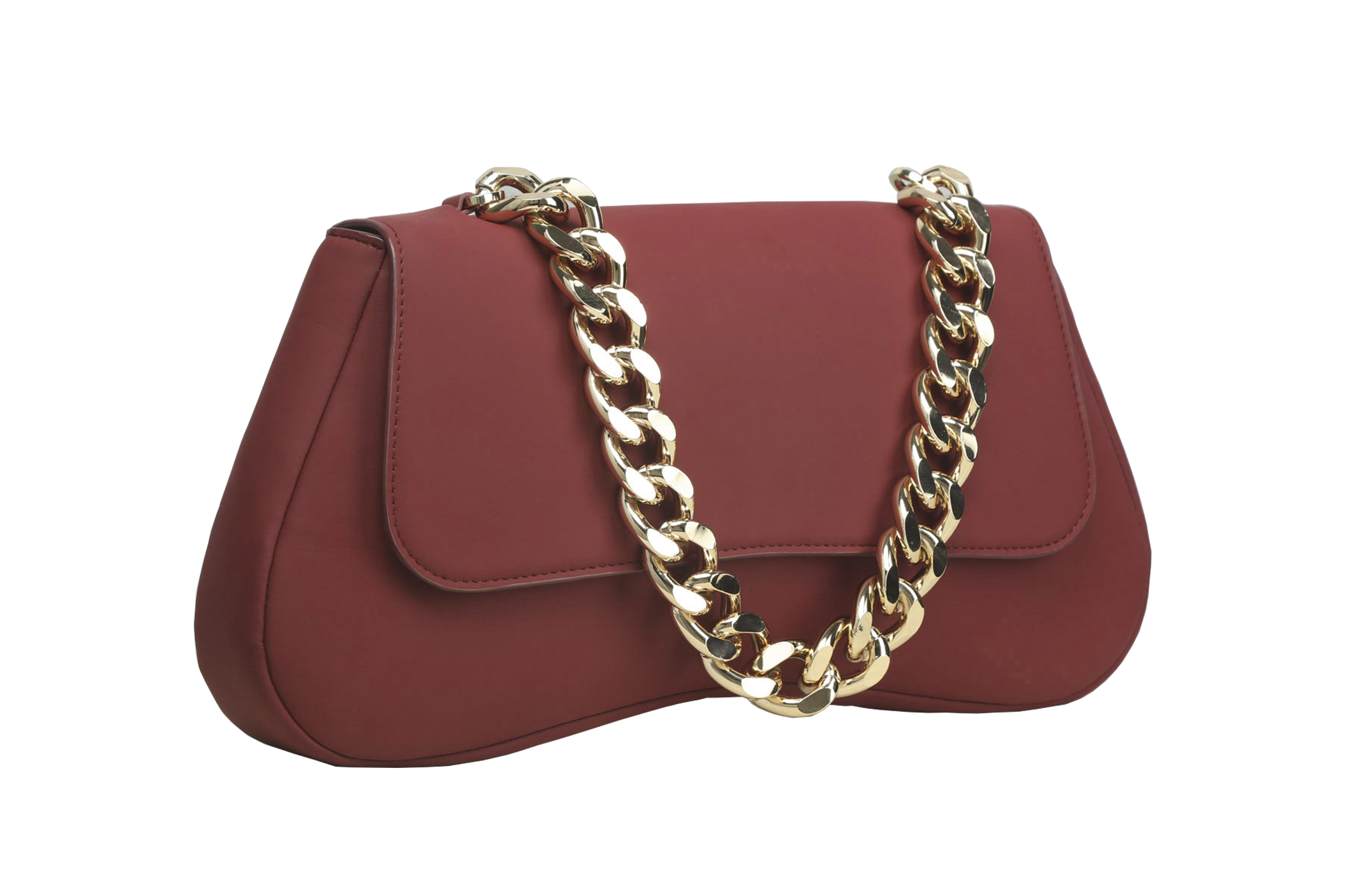
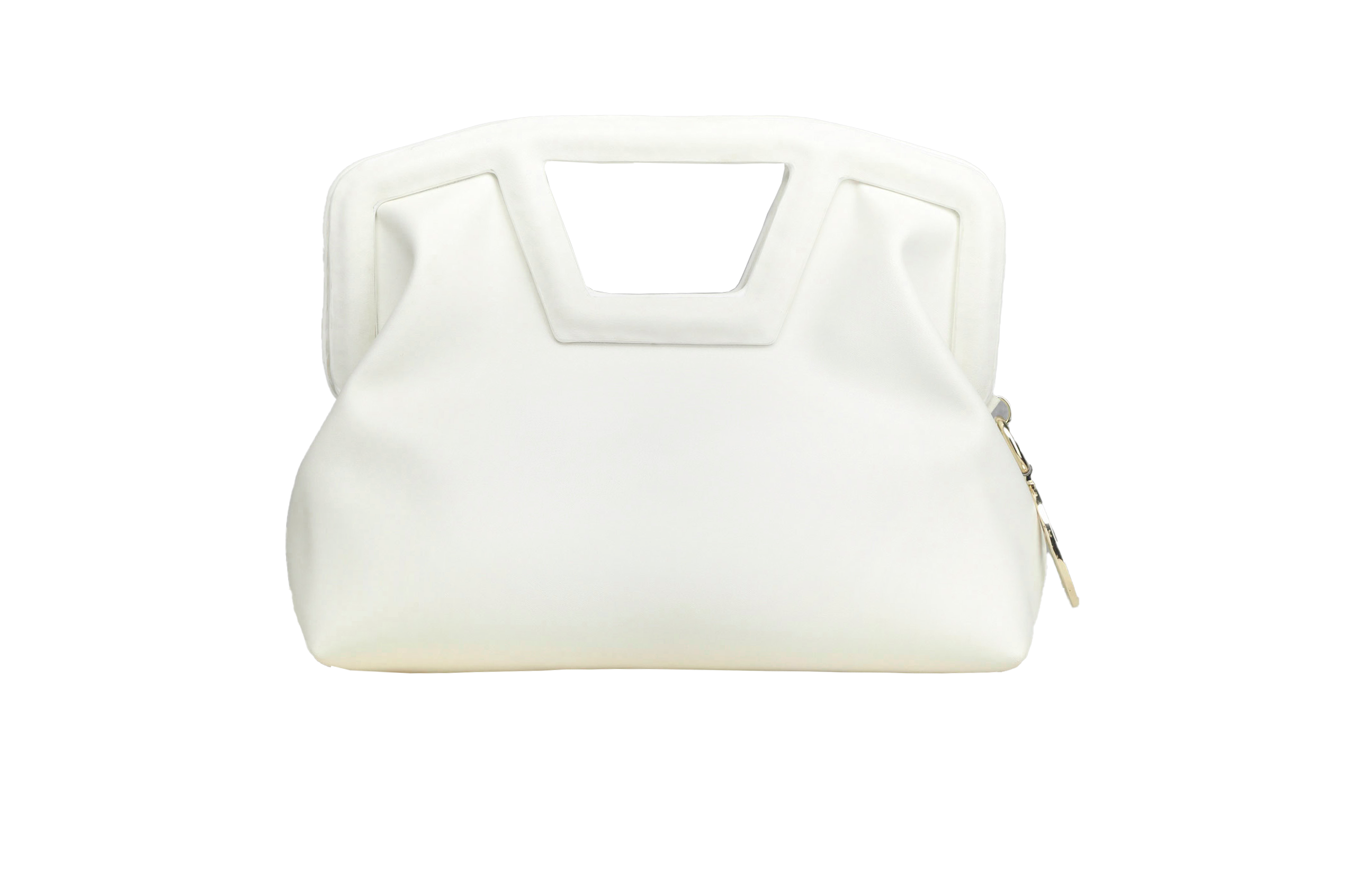
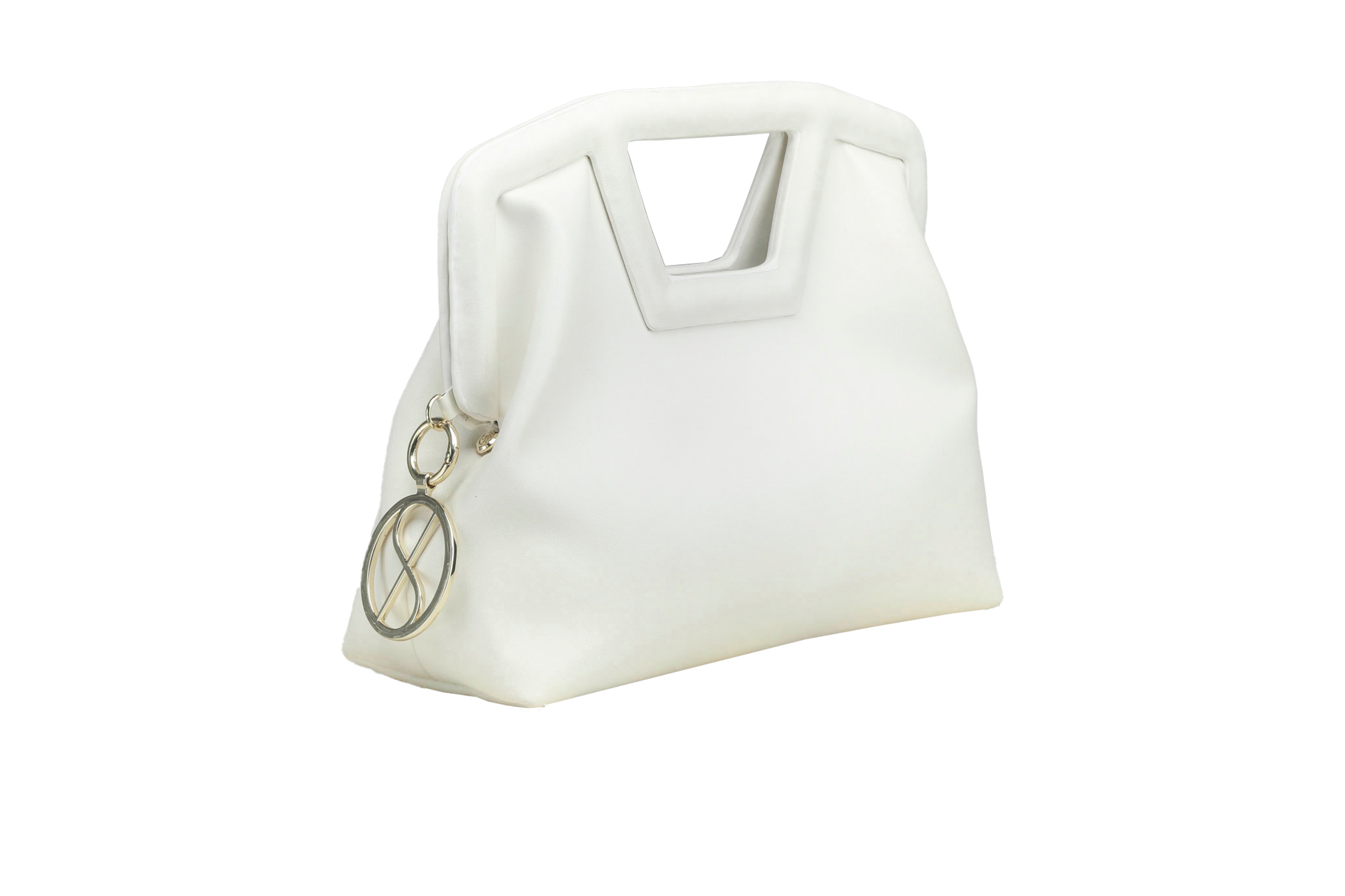




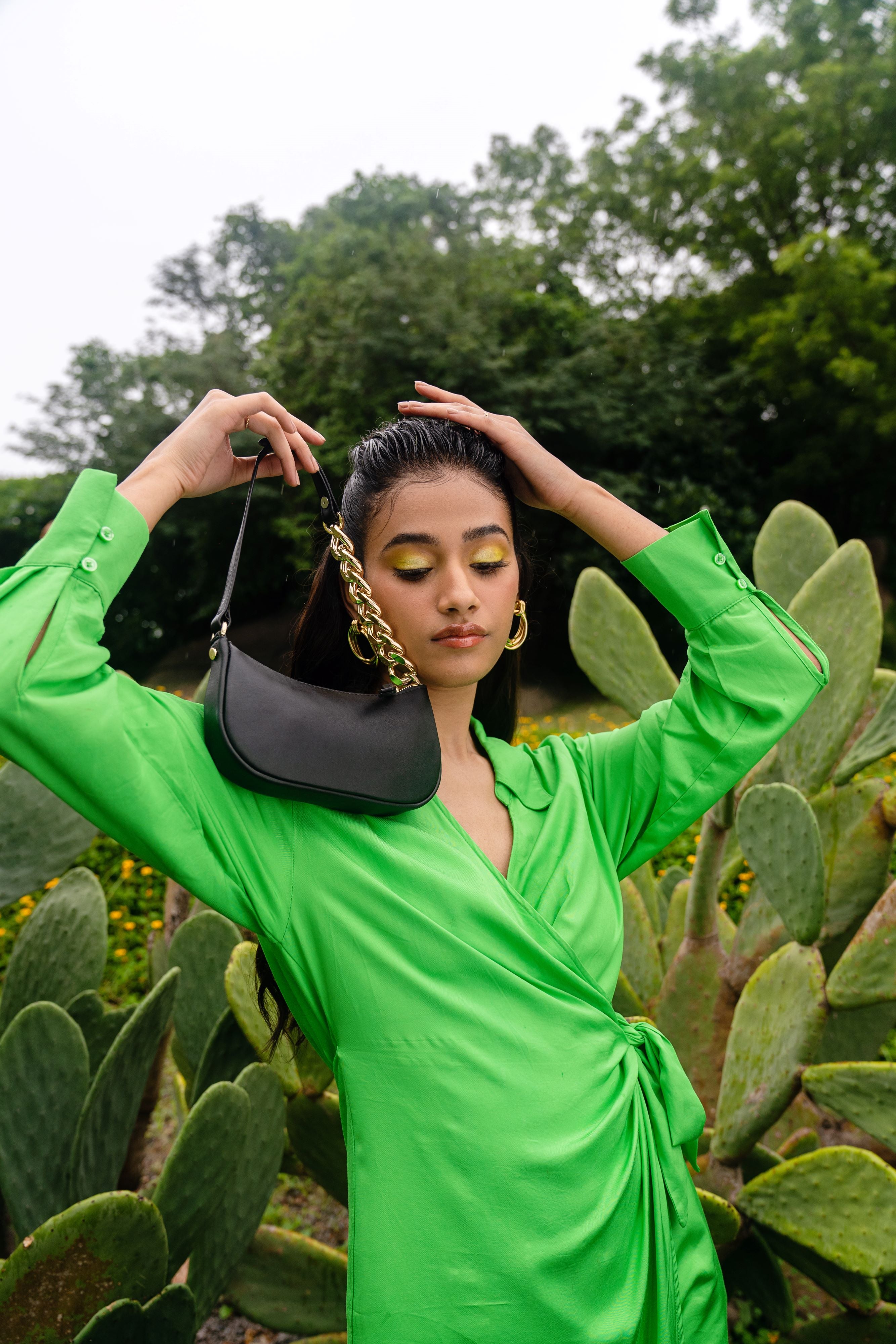
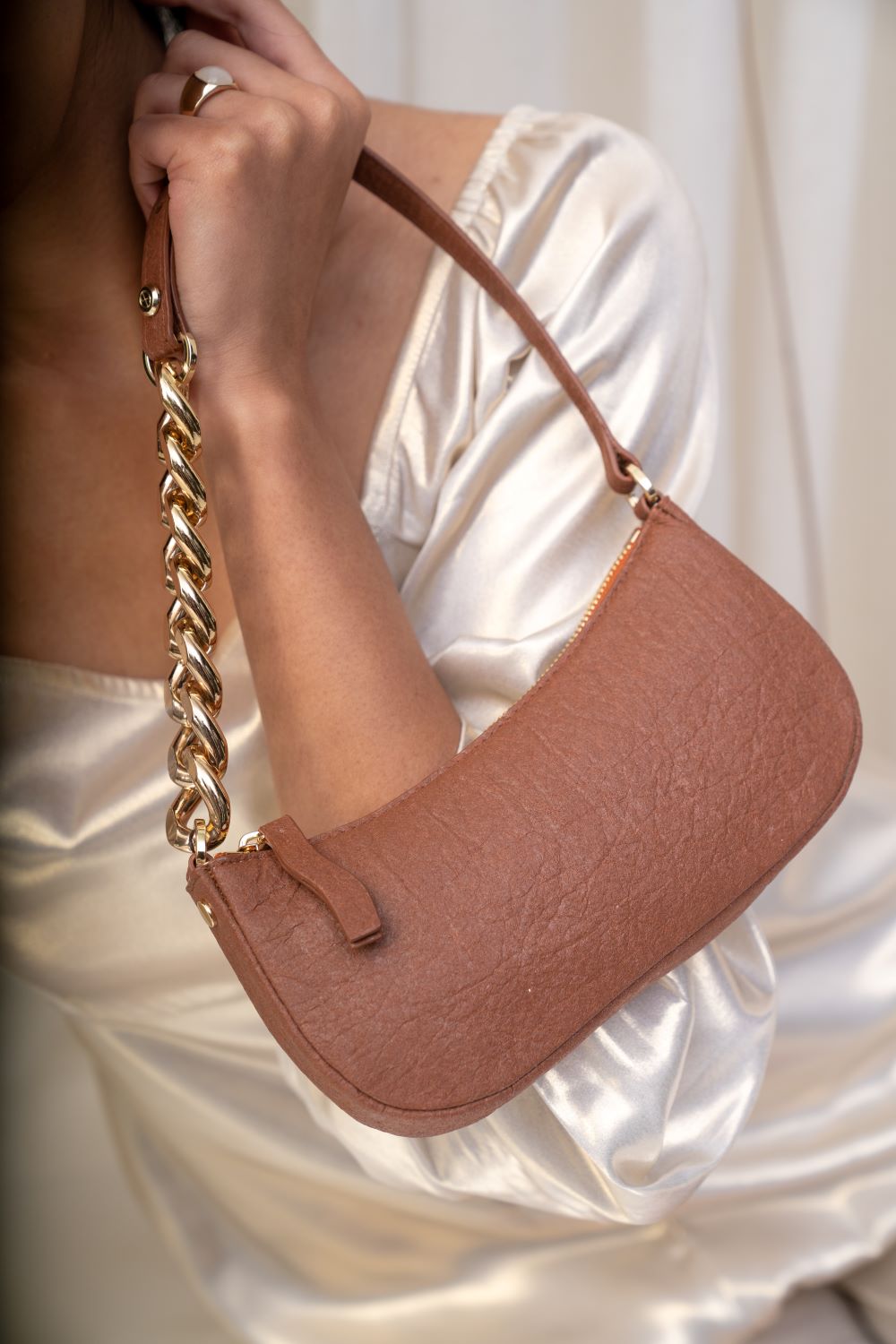

Leave a comment
This site is protected by hCaptcha and the hCaptcha Privacy Policy and Terms of Service apply.